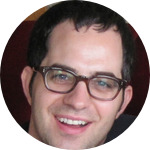About This Project
Humans are exceptional when it comes to collaborating and self-sacrificing for the groups we love. Using cutting-edge neuroimaging technology, this project aims to identify specific brain regions that allow us to reign in our selfish impulses and contribute to the greater good. By mapping these neural systems, we can better combat violence, greed, climate change, and other short-sighted temptations that threaten our species' survival.
Ask the Scientists
Join The DiscussionWhat is the context of this research?
With the advent of brain imaging, scientists have begun piecing together the neural systems that guide our rich and dynamic social life. Though these methods continue to enrich our grasp of empathy and altruism, the biological roots of group-based cooperation remain mostly a mystery.
So far, researchers have used brain scans to isolate neural regions that activate when people engage in 2-player economic games (e.g. the prisoner's dilemma). Almost every real-world challenge we face, however, occurs on a much larger scale (e.g., family, nation, globe).
With nearly a century of research on the distinctive aspects of group-based psychology, there's now an urgent demand for neuroimaging experiments that can more readily capture the multiplayer dynamics of cooperation.
What is the significance of this project?
In order to seal this critical gap, we will conduct fMRI scans while groups of participants solve cooperative dilemmas.In addition, by experimentally manipulating altruistic norms, we can observe in real-time as the brain automatizes cooperative decisions.
Finally, by combining insights across scientific disciplines (e.g., cognitive neuroscience, behavioral economics, social psychology), this project is in a unique position to clarify one of the prevailing mysteries of humankind: are we wired to be good, and if so, how can we leverage this natural benevolence to maximize our collective potential?
What are the goals of the project?
The primary goal of this project is to isolate specific neural systems that guide cooperative behavior. First, we will pilot test our experimental procedure to ensure that our modified public goods game is intelligible, compelling, and engaging. Next, we will recruit fifty participants from our local community to play this cooperative dilemma while undergoing fMRI. Afterwards, participants will complete questionnaires measuring key personality variables that can influence cooperation (e.g. psychopathic tendencies). Finally, in order to isolate which variables most accurately predict cooperative choices, we will develop algorithmic models that harvest the multi-dimensional data (i.e., neural, behavioral, personality) we accrue.
Budget
Facility maintenance: Though expensive to maintain, today's neuroimaging facilities provide us with unprecedented insight into the inner workings of the human mind. Each session costs (at minimum) $150. Given our target sample size of 50 participants, we will need $7500 to use this equipment.
Participant compensation: Because this project relies on human volunteers, we want to make sure that each participant receives fair compensation for their contribution to this important scientific mission ($15/hour). Moreover, we can't study cooperation unless there are real financial stakes. Participants can earn up to an additional $15 depending on their performance. With each session lasting two hours, we will need $2250 to compensate our full sample.
Although this totals to $9750, we were recently awarded a small seed grant to offset costs. This way, we'll match each dollar you pledge with $1.00 of our own. With your help, we only need $4875 to launch this project. Every dollar counts!
Meet the Team
Team Bio
For as long as I can remember, I've been gripped by the questions that I am now privileged enough to research. Working alongside Jonathan Haidt and Jamie Morris, my undergraduate projects used neuroimaging to explore topics in politics, religion, and cooperation. Now a Ph.D. student at NYU, I feel blessed that I can spend each day continuously probing these questions alongside interdisciplinary experts in social psychology, neuroscience, environmental science, and computer science.
Whether it's working with neurosurgery patients, developing mobile applications, or data mining millions of politicized Tweets, I'm determined to exploit any available technology that can help demystify and enhance our most benevolent behavior.
Julian Wills
How do we decide between right and wrong? Between self-interest and self-sacrifice? Despite the antiquity of these questions, today's technology has finally made them scientifically tractable. As a Ph.D. student at New York University, my research combines the latest tools in neuroimaging and Big Data in order to understand and promote morality and cooperation.
Follow @JulianWillsNYU to get a sense of my research interests and musings. Or find out more about Dr. Jay Van Bavel's Social Perception & Evaluation Lab (Twitter and Website).
Jay Van Bavel
Jay Van Bavel is an Assistant Professor of Psychology at New
York University and Director of the Social Perception and Evaluation Laboratory.
Dr. Van Bavel examines how collective concerns—group identities, moral values, and political beliefs—shape the mind and brain.
You can follow his research on Twitter (@vanbavellab) or
Facebook (www.facebook.com/vanbavellab)
Additional Information
Backers who pledge more than $250 will receive a personalized thank you letter as well as a lab mug!
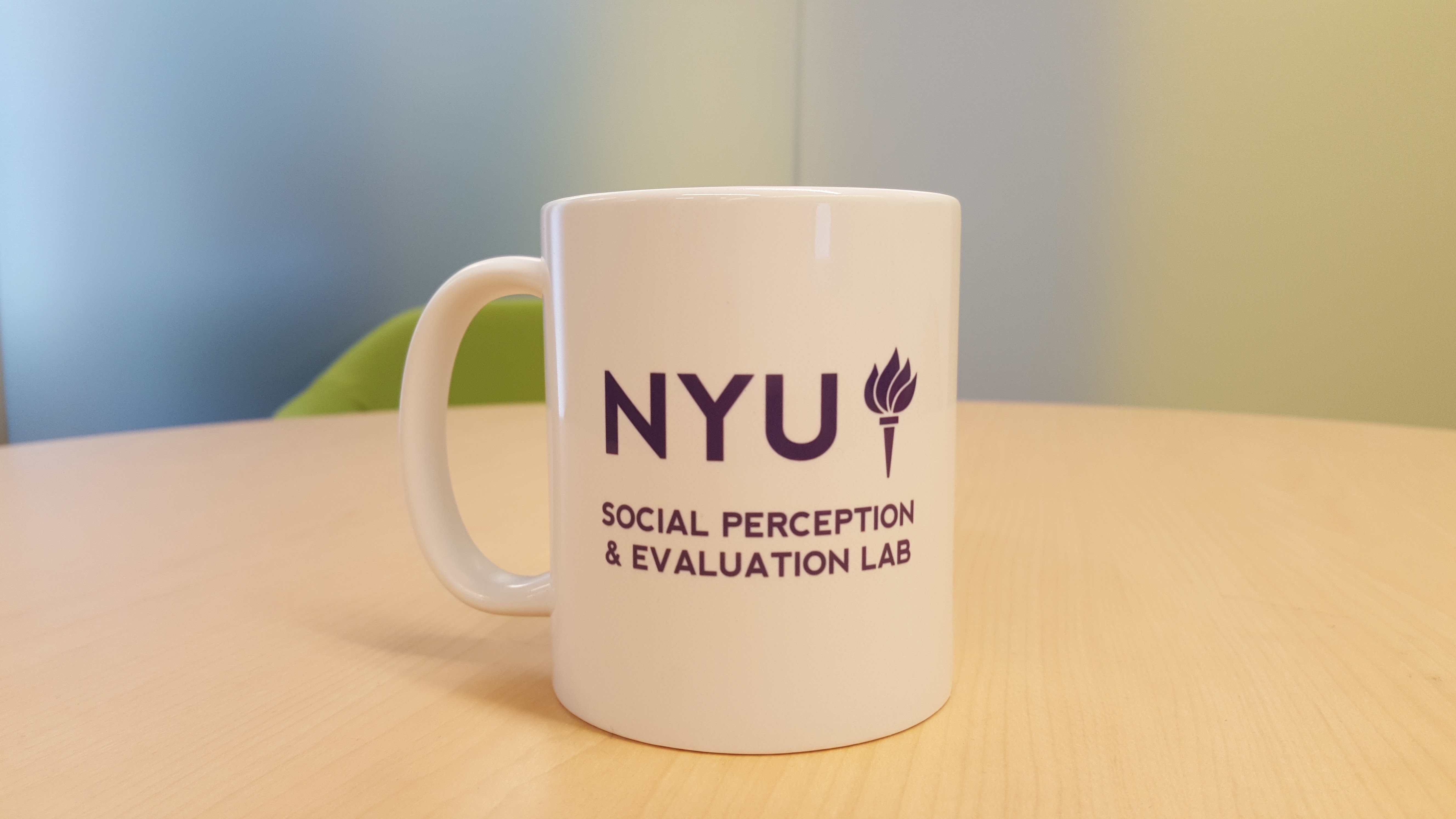
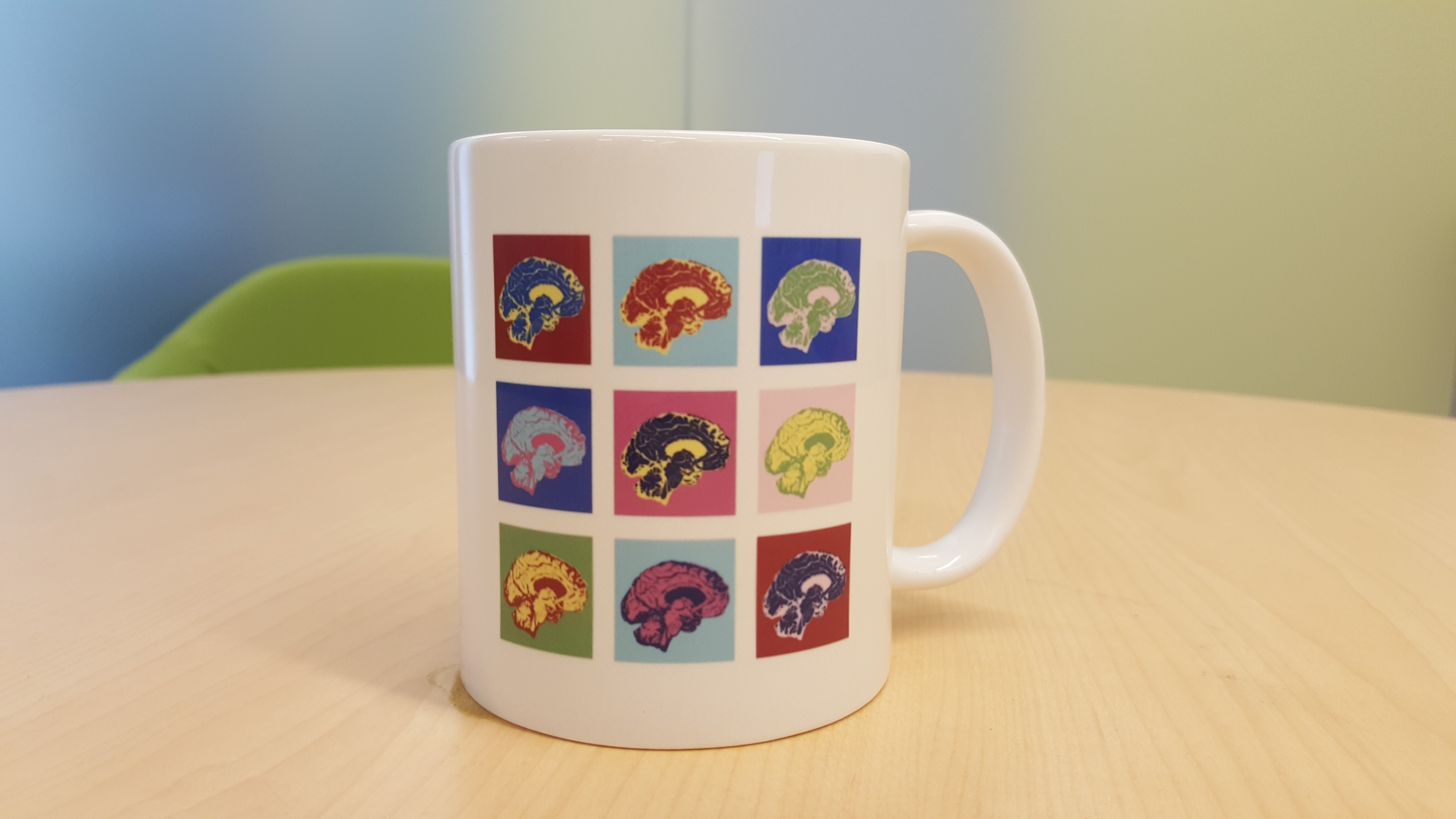
Backers who pledge more than $1,000 will be invited to attend a future lab meeting, where they can observe (and even contribute to!) the creative process.
Our research team
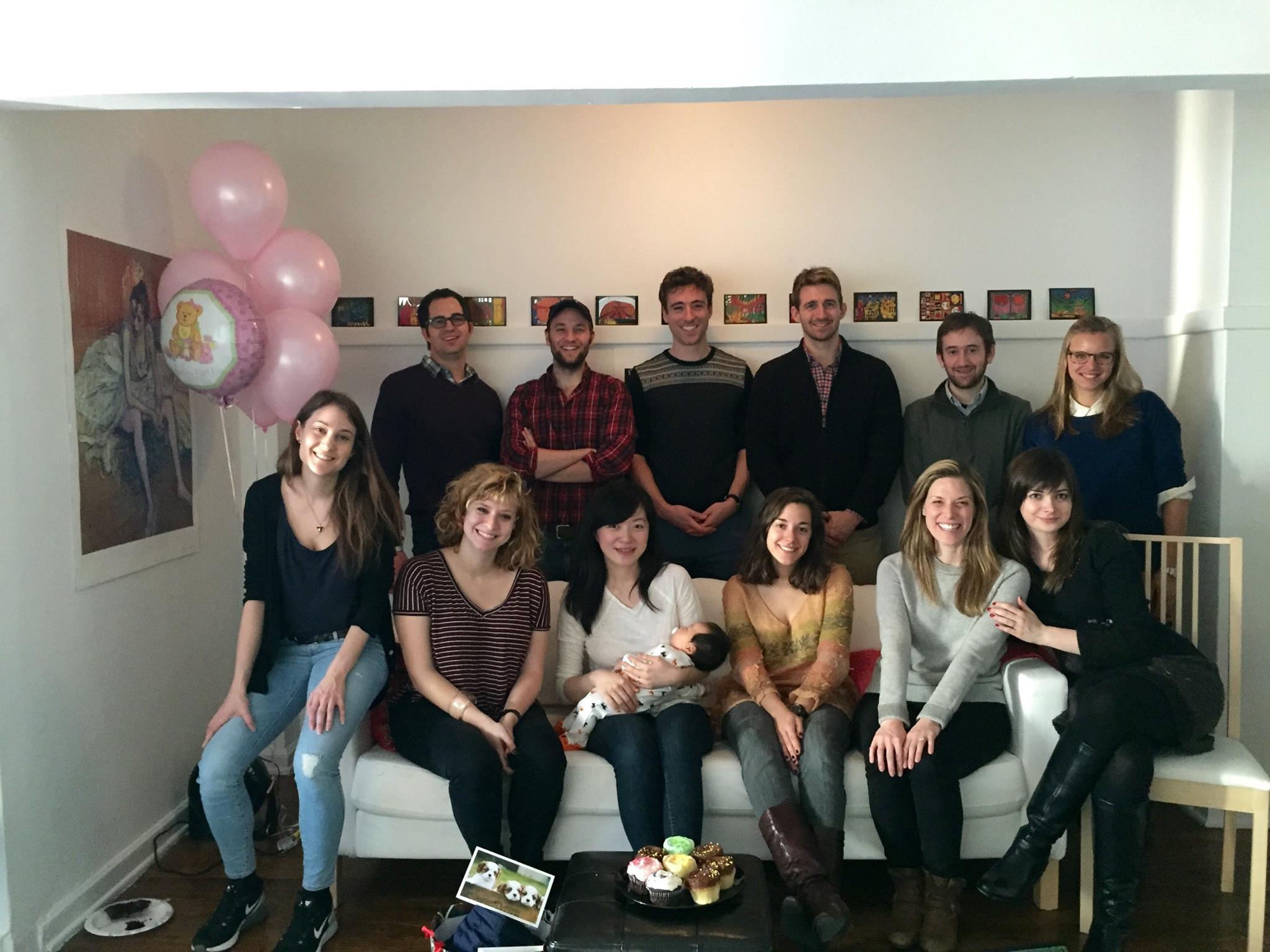
Where the magic happens
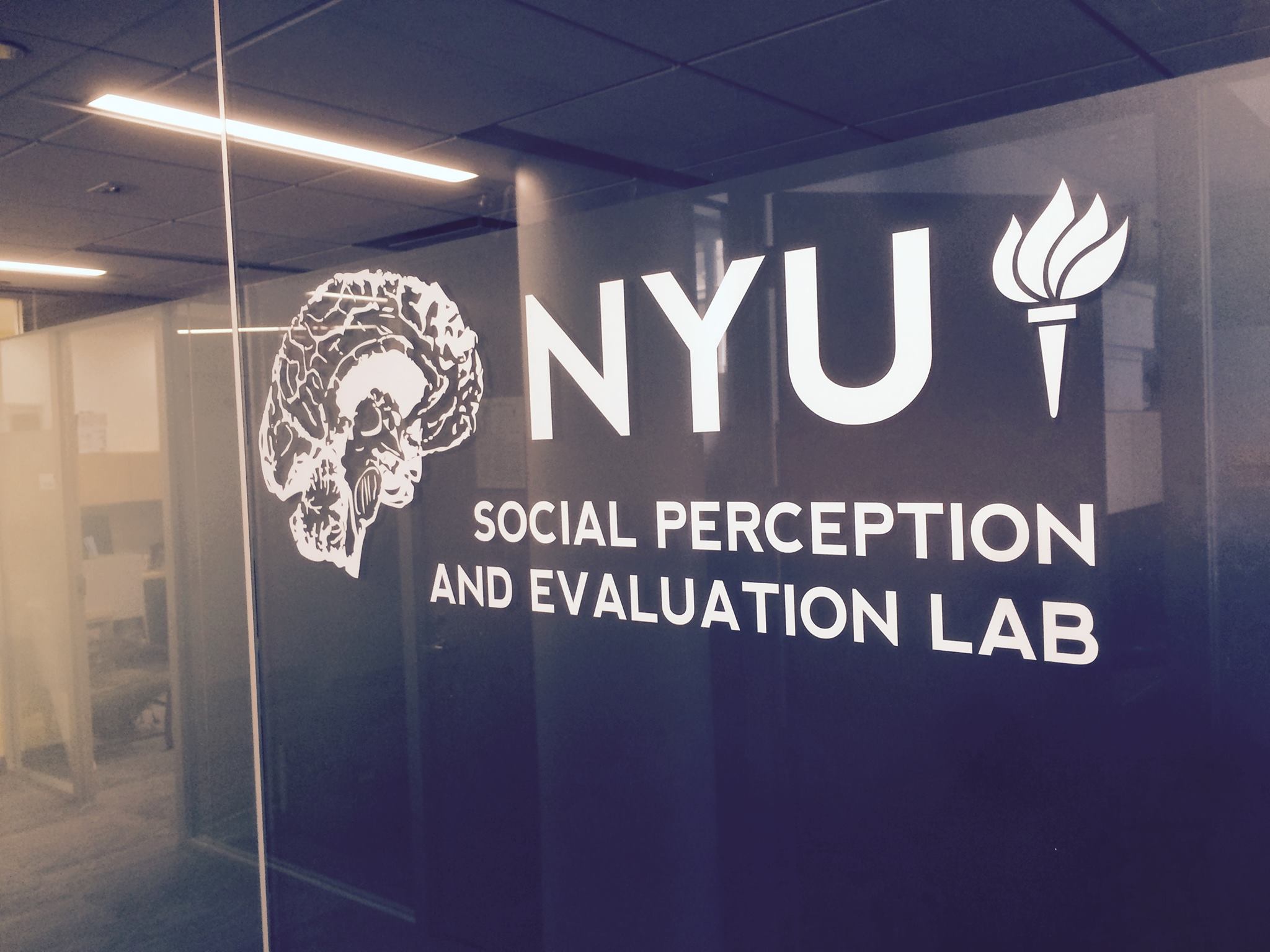
Project Backers
- 36Backers
- 68%Funded
- $6,577Total Donations
- $47.35Average Donation

